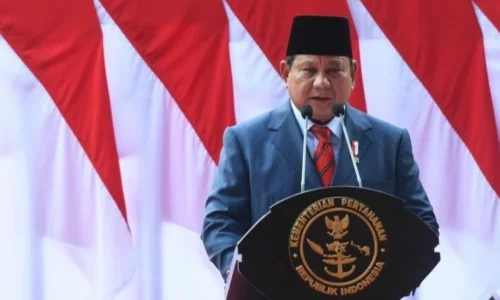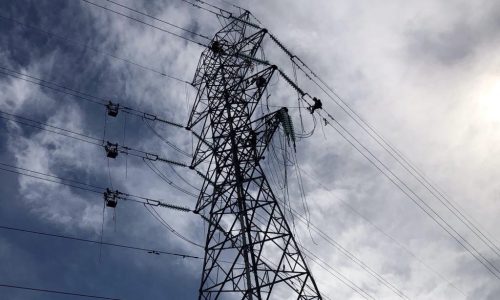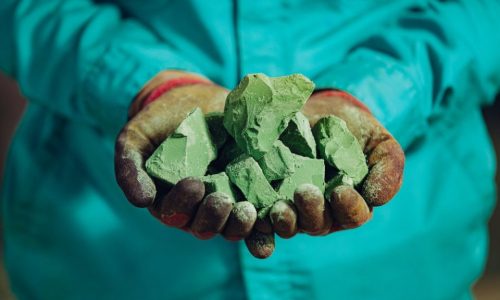Minister of Energy and Mineral Resources (ESDM), Bahlil Lahadalia, has revealed that Indonesia will build a US$1.2 billion (Rp19.02 trillion) biodiesel raw material factory in Bojonegoro, East Java with a capacity of up to 800,000 tons of methanol per year to reduce imports and support the government’s energy self-sufficiency target.
This facility will later be designed to support the government’s plan to accelerate the development of B50 biodiesel in the next few years, so that Indonesia can be free from diesel imports.
“Eighty percent of methanol as a mixture of biodiesel is imported. So we will build a factory in Bojonegoro with an approximately US$1.2 billion investment,” Bahlil said on Thursday, November 28, 2024.
This measure is part of the efforts to meet President Prabowo Subianto’s ambitious target of energy self-sufficiency, which includes accelerating biodiesel and bioethanol production, as well as boosting the performance of ready-to-sell production or oil lifting.
Bahlil said that currently Indonesia is still importing ethanol as a raw material for bioethanol. By building an ethanol factory domestically, he hopes that bioethanol production can be accelerated.
“Now we are pushing to build an ethanol factory, both from sugar cane and cassava, because the biodiesel mixture is CPO ethanol or methanol and some from diesel. If we push forward with the B50, we use diesel from domestic production. So we no longer import the difference,” he cited.
Currently, the need for crude palm oil (CPO) for the energy sector in producing biodiesel will not reduce the allocation of CPO for food, especially cooking oil, in the slightest.
“At most, our export capacity will be reduced and allocated partly for domestic biodiesel production,” he said.
As the government will prioritize domestic interests, Bahlil said the implementation of the B50 biodiesel program is targeted to be realized in 2026. Currently B50 is still going through the trial stage. Meanwhile, B40 will be implemented on January 1, 2025.
Earlier, Minister of Agriculture, Amran Sulaiman, has announced that the government will cut the volume of CPO exports by 5.3 million tons/year for the B50 biodiesel program, in order to support the ambition of energy self-sufficiency.
Assuming the priority of fulfilling CPO domestically is sufficient, continued Amran, the B50 program − or a mix of Solar with 50 percent biofuel − as planned by the Prabowo government can be achieved.









